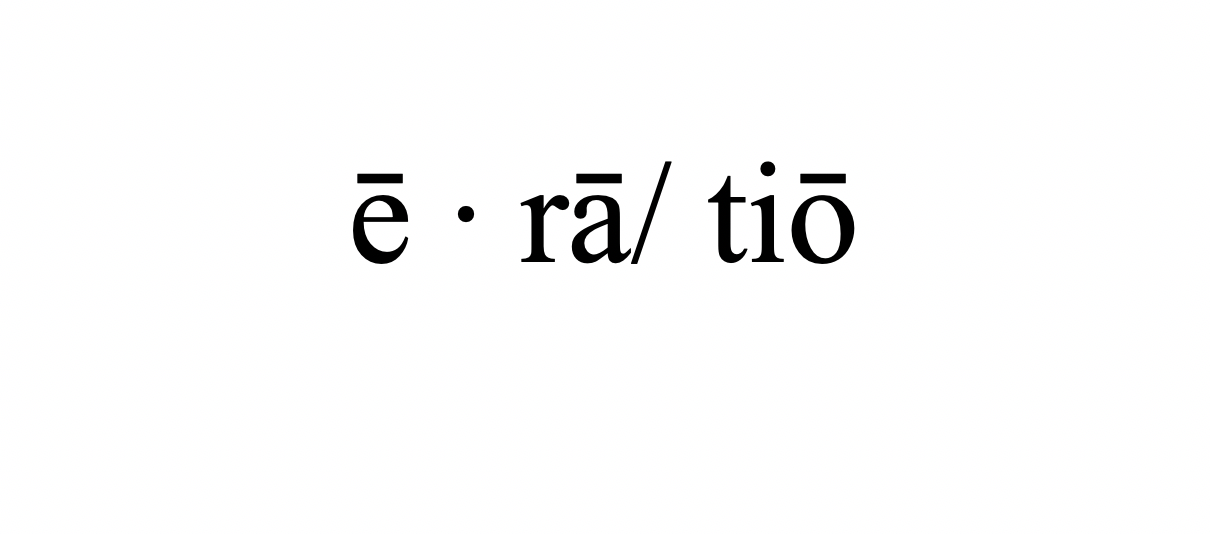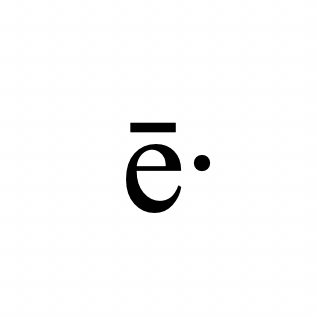

Eclipse
Megha Rao
I fall in love with anything that is “a little too much.”
The way small girls throw big temper tantrums.
The way a mother bursts into tears when she finds
an old beedi in her son’s bag.
The pitiful lover who clings to you begging “don’t go.”
The teacher who laughs too loudly at a silly Math joke.
I met you on a Thursday when you were picking doughnuts
at the local Krispy Kreme shop.
You spent forty-five minutes convincing the cashier
why cinnamon sugar was better than the original glazed.
At group therapy I watched the other kids laugh at you for
crying over a ninety-nine out of hundred on a mock test
that lied about which college you’d get into.
But I liked how you talked about Che Guevara as if
you’d been arrested by the Mexican police together
and how on our way back you’d chat up every stray dog
as if they were friends from church.
You were like turning the radio up full blast on some days,
and absolute silence on the others.
Maddening joy. Crippling grief.
Swinging between full and crescent.
If I were to commit the crime of a cliche
I’d say, you were a lot like the moon.
I kissed you at a traffic signal six seconds before the red
light turned green to the random soundtrack of a truck
driver honking behind us.
That night, when I dropped you home
you warned me not to fall for the moon.
That there was absolutely nothing beautiful about
something that broke a little with every passing night.
So I told you, maybe not.
Maybe you are right.
But look closer and you’ll see the things I see in you:
like how the moon is beautiful because
it teaches us there is life
after eclipse.
Megha Rao is a spoken word poet and a surrealist artist based in India. Her two fiction titles were published by Penguin Random House in 2015 and 2016. Megha has been interviewed by leading newspapers such as The Hindu and The New Indian Express and is a postgraduate in English Literature from the University of Nottingham, UK.